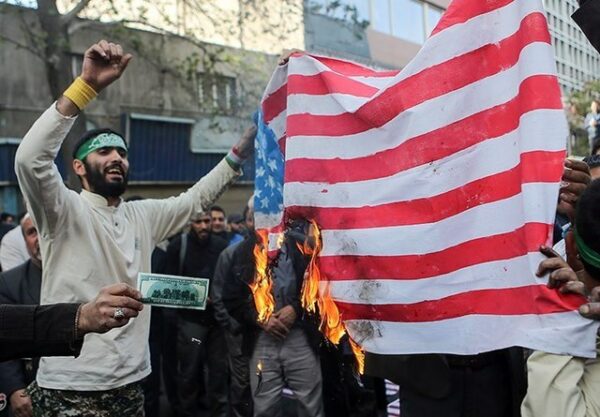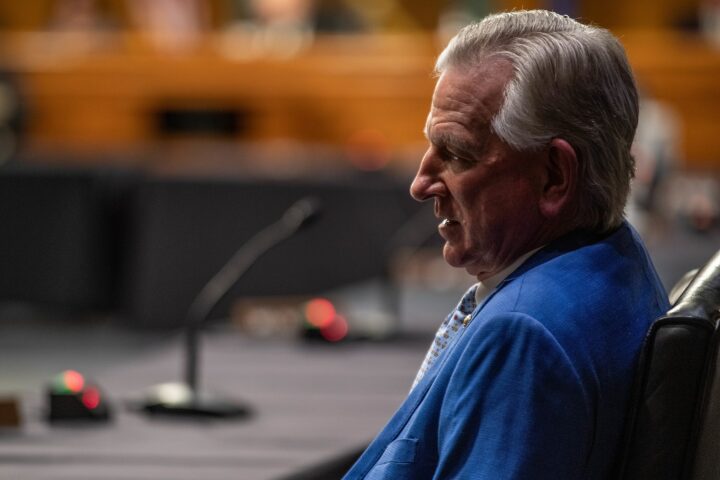Iranian state media reportedly confirmed on Thursday that Major General Hossein Salami, the commander-in-chief of the Islamic Revolutionary Guard Corps (IRGC), was killed in Israeli airstrikes targeting Iranian leadership and nuclear facilities.
This development marks a significant escalation in the ongoing conflict between Iran and Israel and raises concerns about potential retaliatory actions from Tehran.
Salami was killed during a series of massive strikes aimed at crippling Iran’s nuclear ambitions.
The airstrikes are part of Israel’s broader strategy to thwart what it perceives as an existential threat posed by Iran’s nuclear program.
Israeli authorities have declared a state of emergency in anticipation of possible retaliation from Iran, given the high-profile nature of Salami’s death.
The IRGC has long been designated a terrorist organization by the United States, and Salami was known for his hardline stance and involvement in Iran’s military operations across the region.
Hours before his death, he had issued a warning to Israel, stating that any attack on Iran would provoke a strong response. This ominous prelude highlights the escalating tensions and the fragile nature of security in the Middle East.
In response to the airstrikes, Israel has reportedly begun mobilizing tens of thousands of soldiers in preparation for potential conflict. Israeli Defense Forces (IDF) Chief of Staff Lt. Gen. Eyal Zamir emphasized the necessity of decisive action against threats, asserting that history has shown the importance of defending the nation against those who seek to destroy it.
U.S. officials, including Secretary of State Marco Rubio, clarified that the United States had no involvement in the attacks, affirming that Israel acted unilaterally in what it deemed a necessary defense measure.
Rubio stated, “Israel advised us that they believe this action was necessary for its self-defense,” while reiterating the U.S. commitment to protecting its forces in the region.
President Trump later praised Israel’s actions.
The airstrikes and the subsequent killing of Salami and other top officials have heightened the stakes in an already volatile situation.
Iran has vowed to retaliate against Israel for the assassination of one of its top military figures, leading to fears of an escalation that could draw in other regional powers and further destabilize the area.
As both nations prepare for potential conflict, the international community remains on high alert. The situation underscores the precarious balance of power in the Middle East, where military actions can rapidly lead to broader confrontations.
The developments surrounding Salami’s death are likely to shape diplomatic discussions and military strategies in the region for the foreseeable future, as both Iran and Israel navigate a complex landscape fraught with danger and uncertainty.
[READ MORE: Trump Strips Half a Million Migrants of Legal Status]








